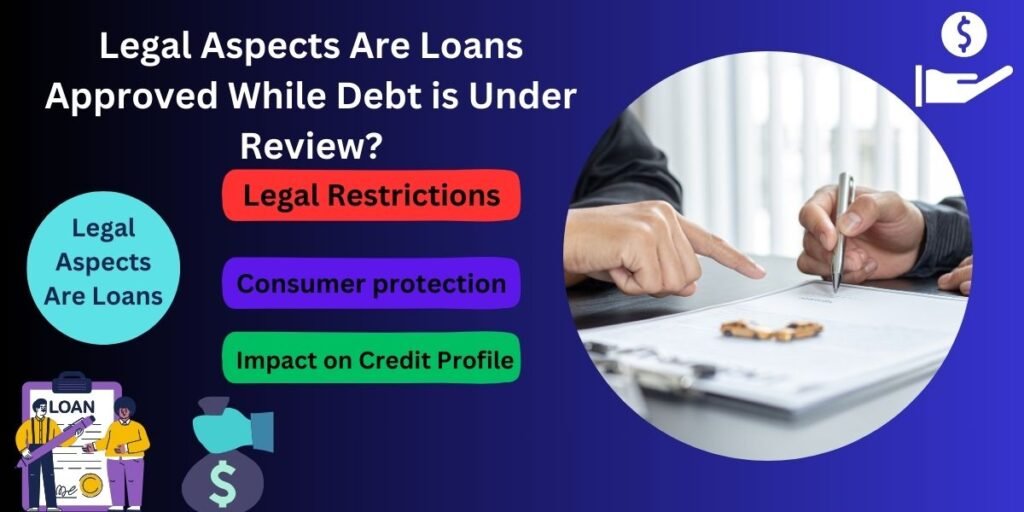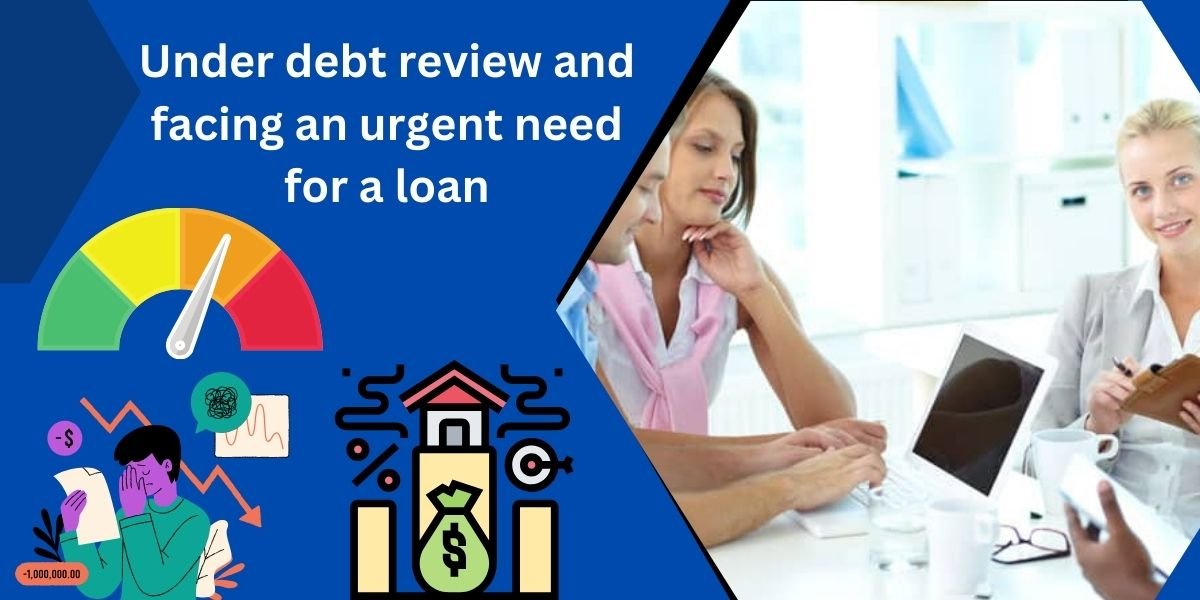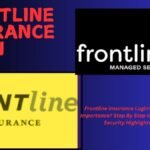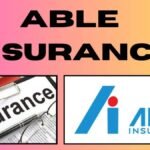Managing financial problems during an audit of debt can prove quite challenging, especially when unanticipated expenses occur . In this post, I will look at the possibilities open to individuals in this circumstance, which involve hurdles, legal limitations, and other options for getting loans. I will provide you with essential data that will help you make choices. Whether you’re thinking about payday, title, or pawnshop loans or are seeking additional financing options, consider your alternatives and make plans for a more solid financial future if you discover yourself in dire need of a loan while your debt is being investigated.
Understanding Debt Review
Debt review is a tool that helps people manage their debt by creating organized payback schedules. It includes speaking with debt counselors to measure their financial circumstances. It is negotiating advantageous conditions for repayment from creditors, and protecting borrowers against creditors’ lawsuits. However, because of regulatory limitations and lenders’ caution, the procedure can make it more difficult to get additional loans.
Legal Aspects: Are Loans Approved While Debt is Under Review?

In short, the answer is no. If you are currently the subject of a debt review with a qualified banking organization that adheres to NCR standards, you are not eligible for financial assistance. This law was put in place to ensure that people prioritized paying off their debts and abstained from taking out new loan
Legal Restrictions
Banks and other lenders closely adhere to the NCA’s regulation prohibiting customers who are under debt review from taking on new loans.
Consumer protection
Taking out new loans while going through a debt assessment undermines the purpose of helping overly indebted people achieve financial independence.
Impact on Credit Profile
Having a debt review has an impact on your credit profile, which influences the choices made by credit providers when they do credit checks.
Alternative Solution
People who are under debt review and are having financial difficulties may want to think about other ways to meet their requirements without taking out new loans. These substitutes include budgeting, emergency savings, debt management plans, financial counselling, dealing with creditors, raising income, and looking for community services. Without having to take on more debt, people may efficiently manage their debts and move towards long-term financial stability by investigating these possibilities.
Legal Limitations and Difficulties

To stop debtors from making their financial situation worse, the National Credit Act places restrictions on taking out new loans while their debt is being reviewed. Although the purpose of these restrictions is to guarantee moral lending practices, they provide difficulties for those who want instant financial support. Understanding these legal restrictions and looking into other financial options are essential.
Differentiating Debt Review from Blacklisting
It’s essential to differentiate between debt review and being blacklisted, as they have distinct effects on creditworthiness. Debt review signifies difficulties in loan repayment with a structured plan in place, potentially limiting access to new loans. Conversely, blacklisting indicates a poor credit history, further diminishing prospects for obtaining credit. Understanding these distinctions is vital when evaluating loan options.
Seeking Ethical Lenders for Assistance
Although it might be difficult to get loans under debt review, ethical lenders may be able to help those in need. Examining alternatives to conventional lenders, such as credit unions or internet lenders, may provide workable substitutes. Furthermore, getting advice from counselors or financial consultants may guarantee prudent borrowing habits and provide individualized insights.
Overcoming Legal and Ethical Obstacles
When applying for loans, one must be diligent and transparent to navigate ethical and legal obstacles. It is important to comprehend one’s debt review status, maintain transparent communication with lenders, and ensure adherence to regulatory mandates. People may make wise financial selections by investigating other financial products and carefully examining loan conditions.
Financial Commitment and Decision-Making
Careful preparation and evaluation are necessary to make well-informed loan choices during debt review. Comprehending the prerequisites, evaluating the viability financially, and consulting an expert are essential elements. People may appropriately handle the loan application procedure and protect their financial well-being by abiding by the law and ethical norms.
Conclusion
Although there are difficulties in getting loans while undergoing debt review, they are not impenetrable. People may make well-informed judgments that are in line with their financial objectives by being aware of the legal restrictions. It is looking into other possibilities, and consulting financial advisors. Navigating loans during a debt review may help maintain long-term financial stability and well-being if done carefully and ethically.
FAQS
How can I get out of checking on my obligations immediately?
To get out of obligation survey rapidly, center on expanding your salary, decreasing costs, and making additional payments toward your obligations. Communicate routinely along with your counselor for guidance.
What is the elective to obligation review?
An elective to obligation audit is obligation solidification, where you combine numerous obligations into one credit with a lower intrigued rate, making it simpler to oversee and pay off.







